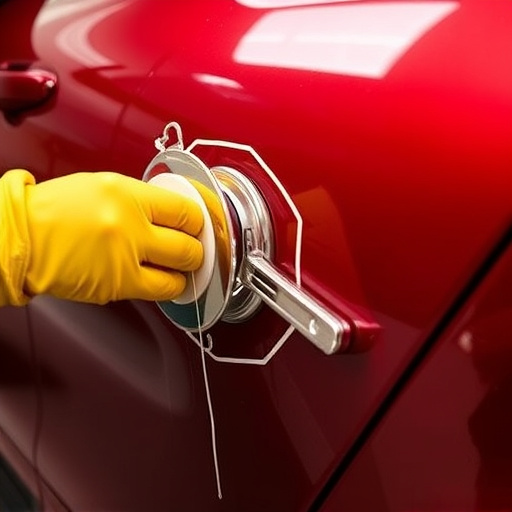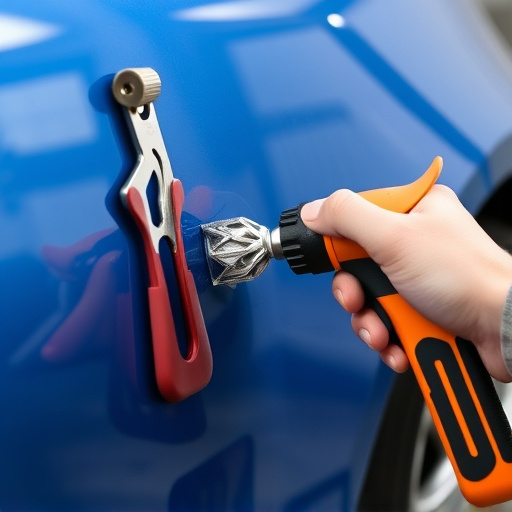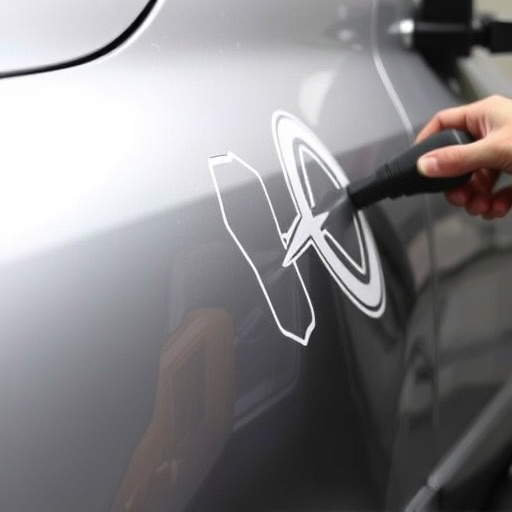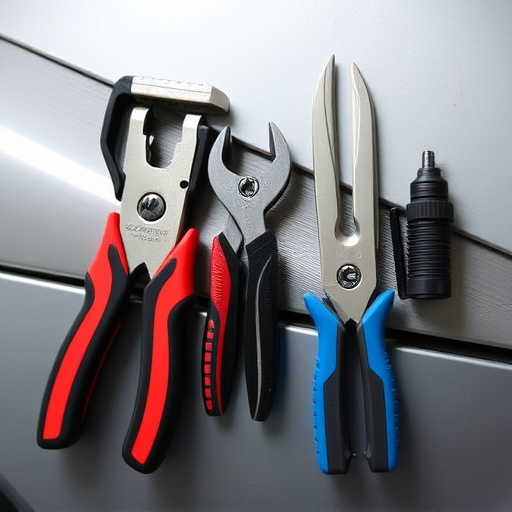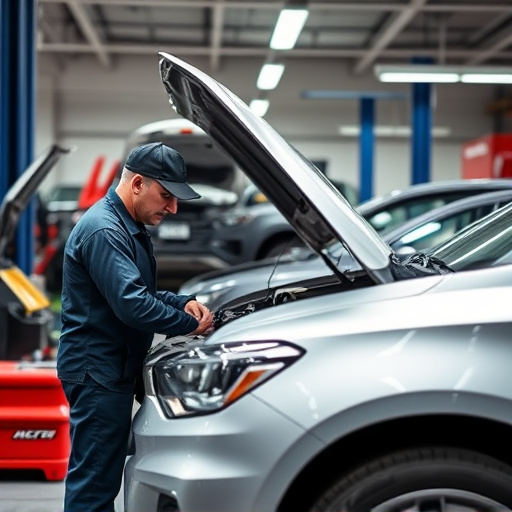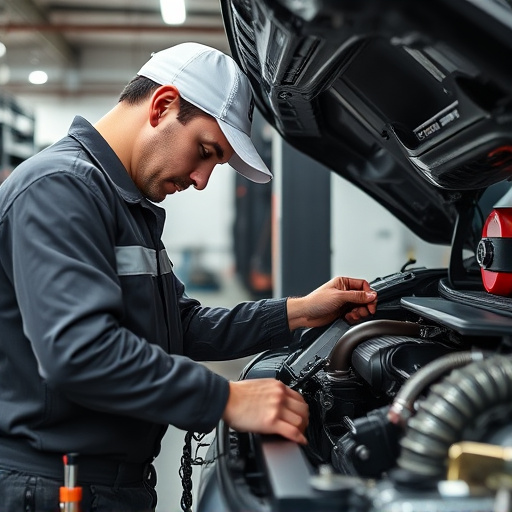In the digital era, repair progress updates revolutionize auto repair services. These real-time tools enhance communication between mechanics and customers, improving transparency and client satisfaction. By sharing task completion, ongoing work, and estimated times, shops optimize resource allocation, enable informed customer decisions, and foster trust. Integrated scheduling systems streamline operations, reduce no-shows, and facilitate quick problem-solving, leading to efficient vehicle repairs.
In today’s digital era, seamless integration of repair progress updates with scheduling systems is transforming service management. Understanding how real-time data from repairs feeds directly into existing scheduling platforms offers significant advantages. This article explores the critical role of repair progress updates, delving into their benefits, implementation strategies, and the enhanced efficiency they bring to workshops and field services. From improved resource allocation to faster turnaround times, discover how this integration is a game-changer for maintaining customer satisfaction.
- Understanding Repair Progress Updates
- Integrating with Scheduling Systems
- Enhancing Efficiency Through Real-Time Data
Understanding Repair Progress Updates
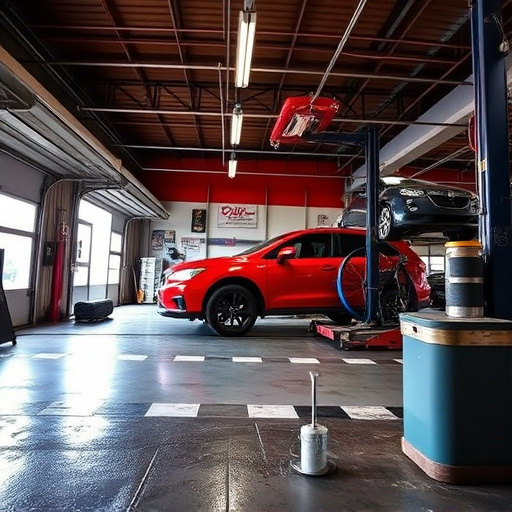
Repair progress updates play a pivotal role in any efficient auto repair process. These real-time communication tools allow mechanics to document and share the status of repairs, ensuring transparency for both workshops and customers. By providing regular updates on tasks completed, work in progress, and anticipated completion times, repair shops enhance client satisfaction and trust.
In the realm of vehicle collision repair or automotive repair services, timely updates are crucial. They help customers manage their schedules, anticipate delays (if any), and make informed decisions regarding their vehicles. Moreover, these updates enable mechanics to prioritize tasks, allocate resources effectively, and ensure every auto repair job is executed with precision and efficiency.
Integrating with Scheduling Systems
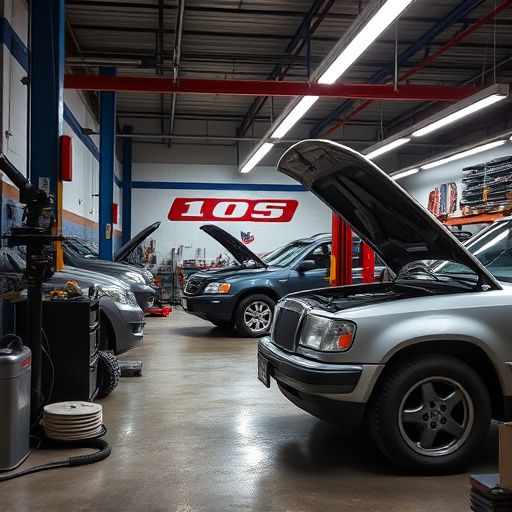
In today’s digital era, efficient collision centers and car body repair shops are integrating their repair progress updates with advanced scheduling systems. This seamless synchronization offers numerous benefits for both businesses and customers alike. By linking real-time repair progress data to the scheduling platform, shops can optimize resource allocation and streamline operations. For instance, as a vehicle body repair progresses, the system automatically adjusts subsequent appointments, ensuring no delays or overlaps in service.
This integration also enhances communication between technicians, receptionists, and clients. Customers receive timely notifications about their car’s status, enabling them to stay informed throughout the repair process. Moreover, the scheduling system can generate automated reminders, reducing no-shows and improving overall efficiency in the collision center or vehicle body repair facility.
Enhancing Efficiency Through Real-Time Data
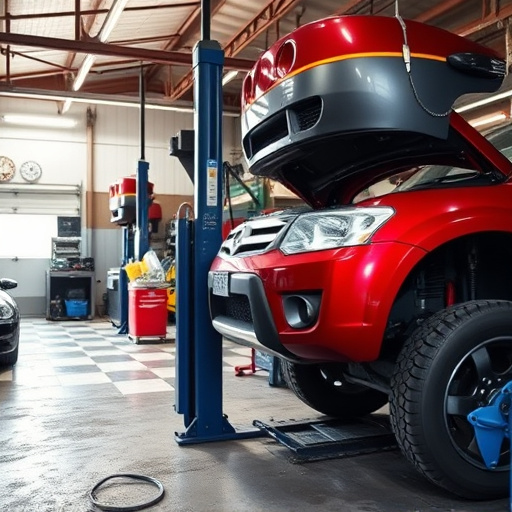
In today’s digital era, repair scheduling systems have evolved to become powerful tools that revolutionize how automotive businesses operate. One of the key features enhancing efficiency is the seamless integration of real-time data from repair progress updates. As work progresses on a vehicle, whether it’s tire services, auto body repairs, or intricate vehicle restoration, these updates provide a dynamic and accurate snapshot of the job status. Mechanics can swiftly communicate the completion of tasks, identify any delays, and even forecast potential issues, ensuring smooth operations and better customer satisfaction.
This real-time data exchange allows for quick decision-making and efficient resource allocation. Repair scheduling systems can automatically adjust timelines based on actual progress, minimizing wait times and maximizing productivity. As a result, businesses can offer more precise estimate times to customers, enhancing their overall experience and fostering loyalty. Real-time updates also facilitate better communication between technicians, dispatchers, and clients, ensuring everyone is aligned with the latest developments in vehicle restoration or any other repair services provided.
Repair progress updates play a pivotal role in enhancing the efficiency of any scheduling system. By seamlessly integrating real-time data, these updates ensure that schedules remain optimized and resources are allocated effectively. This article has explored how understanding and implementing such updates can revolutionize repair operations, leading to improved customer satisfaction and enhanced operational productivity.




